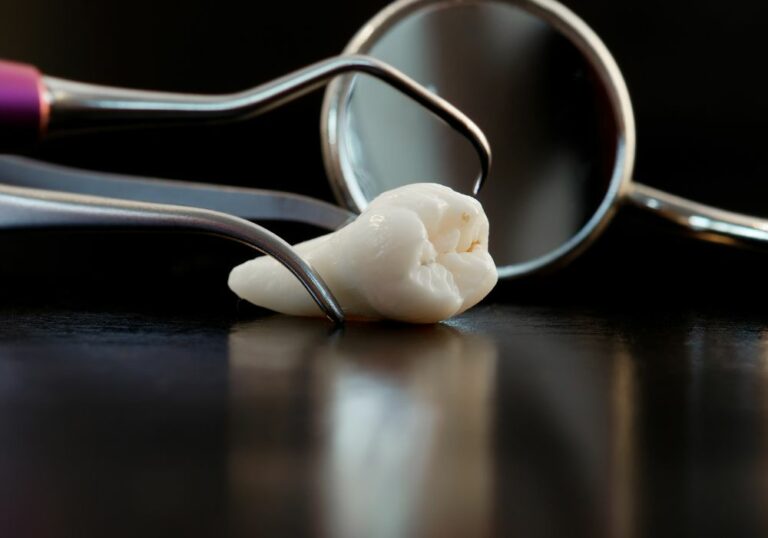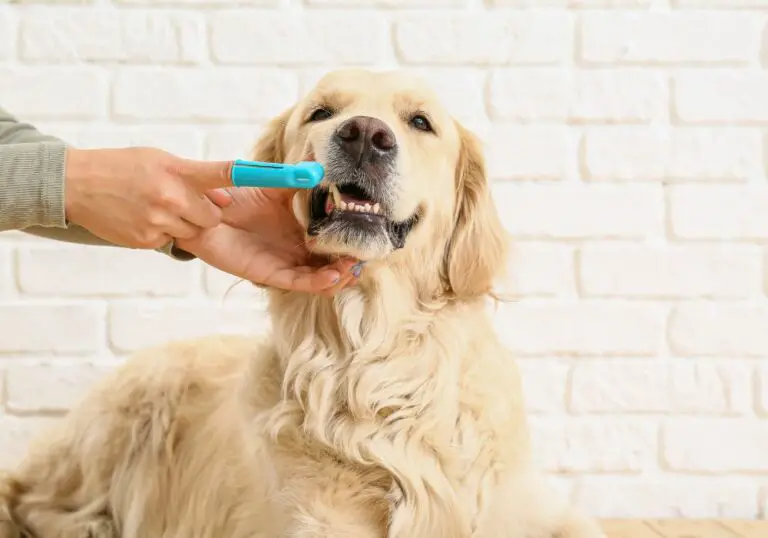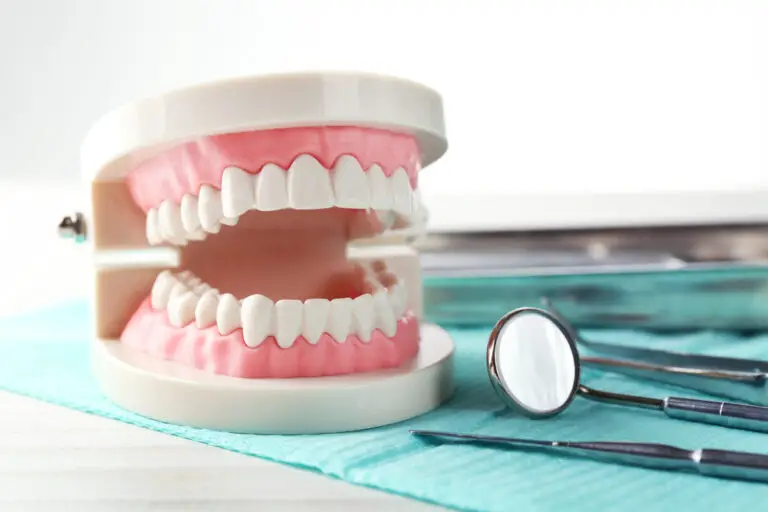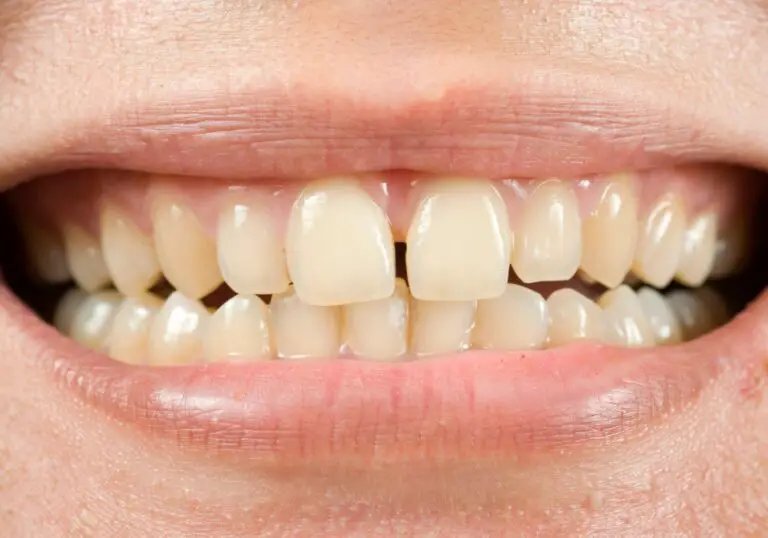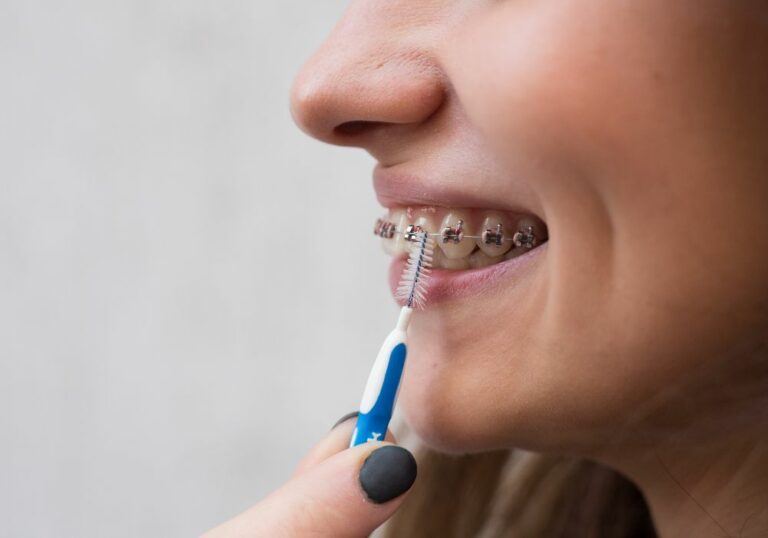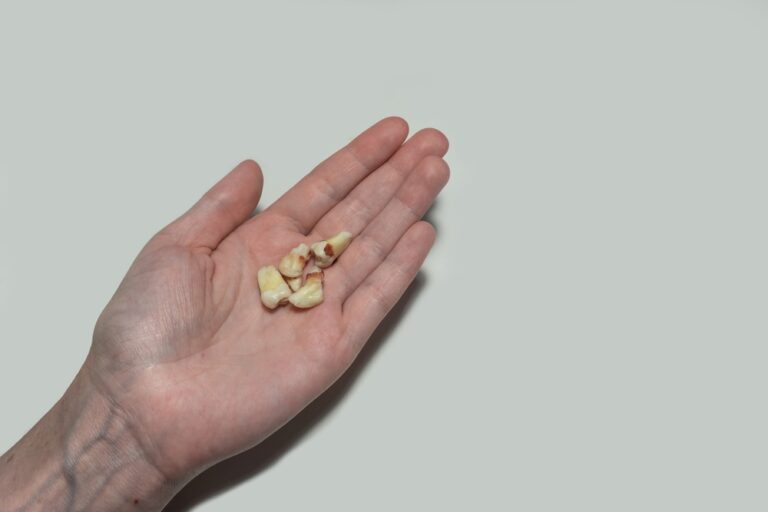Teething is a normal part of infant development that involves symptoms like irritability, drooling, and swollen gums as babies’ teeth break through the gums. While most babies start teething around 6 months and complete the process by age 3, some babies can begin teething as early as 3 months or go through teething beyond their third birthday. So what determines the timeline and how long can teething last in some babies?
Typical Teething Timeline

Most babies begin teething around 6-8 months and continue teething until all 20 baby teeth come in by around age 3. Here is a general timeline for teething in babies:
6-12 months
- The two bottom front teeth (central incisors) usually come in first between 6-12 months.
- The four upper front teeth (central and lateral incisors) follow soon after, between 8-12 months.
- The two bottom lateral incisors appear between 9-13 months.
- The first molars break through between 12-16 months.
13-19 months
- The two upper lateral incisors come through between 13-16 months.
- The lower canines erupt between 16-20 months.
- The upper canines break through between 17-21 months.
20-33 months
- The second molars come through between 20-29 months.
- The four lower incisors emerge between 24-33 months.
- The four upper incisors erupt between 25-33 months.
This timeline can vary by a few months earlier or later in some babies. Most babies have a full set of 20 primary teeth by age 3.
Factors Affecting Teething Timeline
The timing and duration of teething can range quite a bit from one baby to another. Here are some factors that influence when babies start teething and how long the process takes:
Genetics
Genetics play a major role in when teething begins and ends. Babies often follow a similar pattern as their siblings or parents. Late or early teethers often run in families.
Premature birth
Babies born prematurely often start teething later than full-term babies. Their teeth may emerge up to 2-3 months later than average. The teething process also tends to take longer in preemies.
Baby’s birth weight
Lower birth weight babies, whether premature or full-term, also tend to begin teething later than average. Teething may start 3-6 months later than in normal birth weight babies.
Infant oral health
Babies with oral health issues like tongue-tie may experience delayed teething. The process can start months later and extend longer in babies with impaired oral motor function.
Individual variation
Every baby develops at their own pace. Some babies are just early or late bloomers when it comes to hitting developmental milestones like teething. Genetics, nutrition, and other factors cause natural variation between infants.
How Early Can Teething Start?

While most babies don’t start teething until around 6 months, some can start as early as 3 months. Signs that a 3-4 month old may be teething include:
- Increased drooling
- Chewing on hands and toys
- Irritability and crying
- Rubbing gums
- Trouble sleeping
Early teething is more common in babies who were heavier at birth or have a family history of early teething. Premature babies rarely start teething before 6 months corrected age.
Seeing teeth emerge before 4 months is very rare. Any teeth present at birth are neonatal teeth and usually need to be removed to prevent complications like choking. If your baby is teething unusually early, have your pediatrician examine their gums and rule out any issues.
What’s the Latest Teething Can Begin?
While some babies start teething early, others are late teethers. It’s generally nothing to worry about if teething begins late, as long as baby is otherwise developing normally.
Some common reasons for later teething include:
- Prematurity
- Low birth weight
- Tongue-tie or oral restrictions
- Genetics
Many doctors consider 12-14 months the latest age when they would expect the first teeth to emerge. Only a small percentage of babies don’t have any teeth by a year old.
If a baby has reached 15-18 months with no teeth, it’s considered significantly delayed teething. At this point, an oral exam and possible x-rays may be done to look for potential issues impeding teeth from erupting.
But in the absence of other developmental concerns, many babies without any teeth by 18 months simply fall at the far end of the normal range for late teethers. The first teeth often emerge soon after, without any problems.
How Long Can the Teething Process Take?
While most babies complete teething by age 3, some can continue teething beyond their third birthday. Here are some reasons teething may extend beyond age three:
Late start
Babies who start teething on the later end, like at 12-14 months, understandably take longer to complete the process. They may not finish until age 3.5 or 4.
Wide spacing between teeth
Normal variation in the spacing between teeth means some babies experience longer gaps between new teeth erupting. This naturally draws out the teething process.
Delayed appearance of molars
The first molars often emerge 12-16 months. But some babies don’t get their first molars until age 2 or even older. Late molars alone can prolong teething.
Genetics
Some babies inherit a pattern of slow but steady teething from parents or siblings. They steadily gain new teeth past most babies their age.
Oral restrictions
Issues like tongue-tie, small jaw, or oral motor delays can impair teeth from pushing through gums. These babies may teeth for a longer duration.
Missing teeth
If a baby is missing one or more primary teeth, working around those gaps extends how long teething takes. Those spaces won’t fill in until permanent teeth erupt years later.
The latest age when doctors expect a baby to complete primary teething is around age 4. Only a very small percentage of babies continue teething beyond 4 years old without a dental issue involved.
When to Seek Help for Late Teething

While the teething timeline varies, seeking medical advice is appropriate if:
- No teeth by 18 months – Rule out problems preventing teeth from erupting
- Less than 4 teeth by age 2 – Evaluate for dental issues or delayed development
- Still actively teething past age 4 – Assess oral health status and development
Other signs of abnormal teething include teeth emerging in an unusual order, teeth appearing malformed, or acute teething symptoms persisting months.
An oral exam, dental x-rays, or referral to a pediatric dentist can help determine if there’s an underlying problem. Typical issues that may require treatment include:
- Tongue-tie or oral restrictions
- Loss of teeth due to trauma/infection
- Congenital missing/extra teeth
- Delayed development
- Orthodontic problems
With disorders ruled out, late but otherwise normal teething just warrants monitoring. The pediatrician will track the teething progress at each visit.
Tips to Help Long Teethers
For babies going through an extended teething process, here are some tips to make them more comfortable:
- Gentle gum massages
- Cold teething rings or washcloths
- Frozen fruit in mesh feeders
- Rubbing gums with clean fingers
- Avoiding hard, sharp foods
- Extra drool bibs and outfit changes
- Ask about safe pain relief options
Seeing the pediatric dentist early on can also help spot potential orthodontic issues to address in teeth coming in late or crowded. With patience and care, babies can get through even lengthy teething periods.
When Does Teething End?
Teething doesn’t necessarily end once all the primary teeth come in. Erupting molars can cause symptoms on and off until around age 3. After teething finishes, some symptoms like biting and drooling may persist until older ages as kids use teething behaviors to soothe mouth discomfort or reflux.
But the active eruption phase ends once all 20 baby teeth are present, typically by age 3-4. The next round of teething won’t begin until those baby teeth start falling out around age 6, when permanent teeth begin pushing up behind them. So enjoy about a 3 year teething break once the baby teeth are all in!
Frequently Asked Questions
How long can teething last if a baby is born premature?
For premature babies, teething typically starts about 2-3 months later than full term babies, or around 8-10 months corrected age. The entire teething process takes about 1-2 months longer on average as well. Most preemies complete teething by age 4.
Is teething considered delayed if no teeth appear until 13-15 months?
Doctors consider 12-14 months the latest time they expect the first tooth to emerge. 15 months or later is considered significantly delayed teething. An oral exam would be done to determine if there are any issues impeding the teeth from erupting.
Can teething continue past age 4 in a developmentally normal child?
It’s very rare for teething to continue past age 4 without an underlying dental issue. Exceptions could include late preemies or babies with extensive oral restrictions earlier on. Otherwise, lingering teething symptoms past age 4 warrant an evaluation.
How can parents comfort a baby going through a long teething period?
To comfort babies through extended teething:
- Gently massage swollen gums
- Allow chewing on cold teethers or washcloths
- Use medication sparingly for worst symptoms
- Distract with books or toys during fussy periods
- Avoid hard foods that aggravate tender gums
When should a pediatric dentist be seen for delayed teething?
Seeing a pediatric dentist is recommended if teething is significantly delayed, like no teeth by 15-18 months. A dental exam can check for obstruction of teeth or other anomalies. Early orthodontic evaluation is also beneficial if teeth eventually appear crowded or misaligned.

